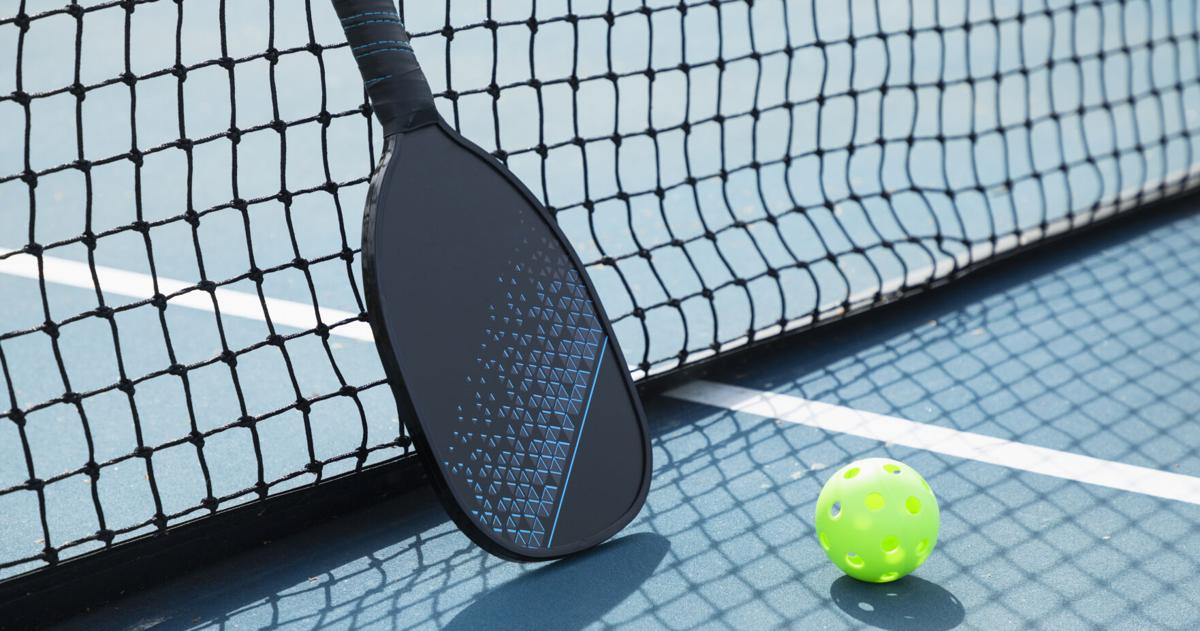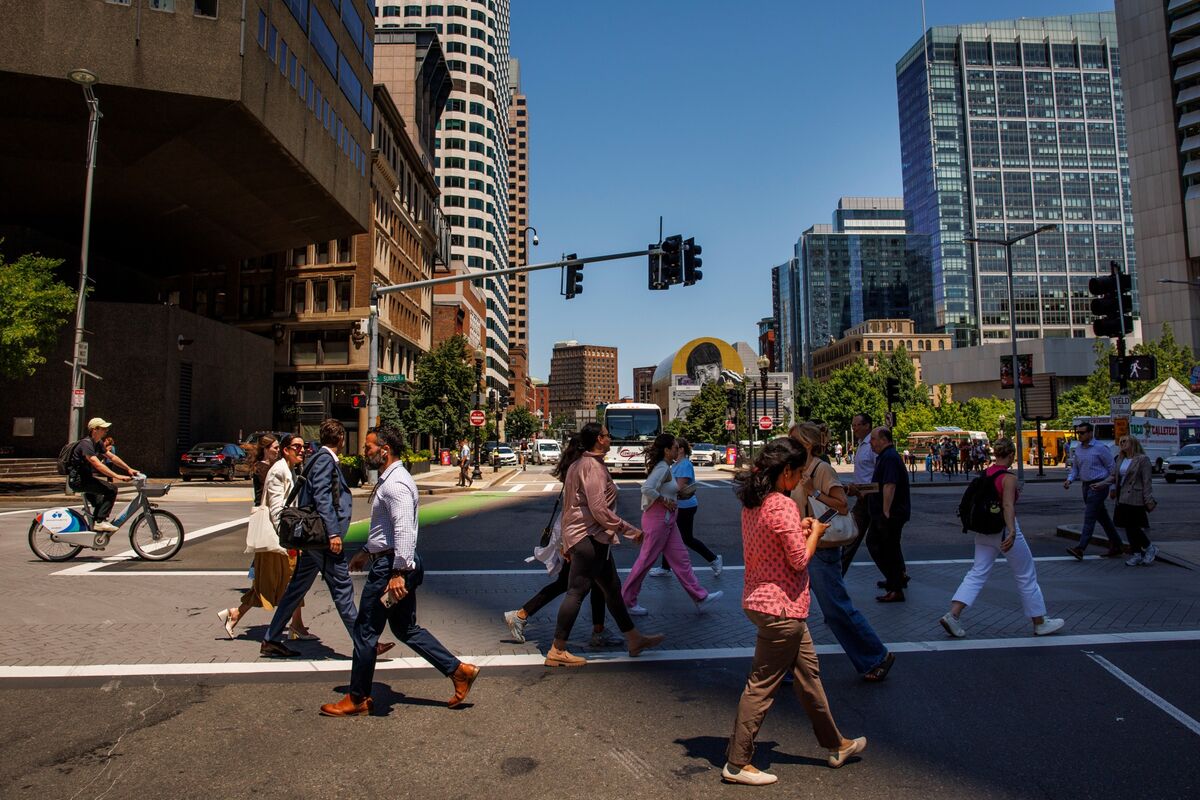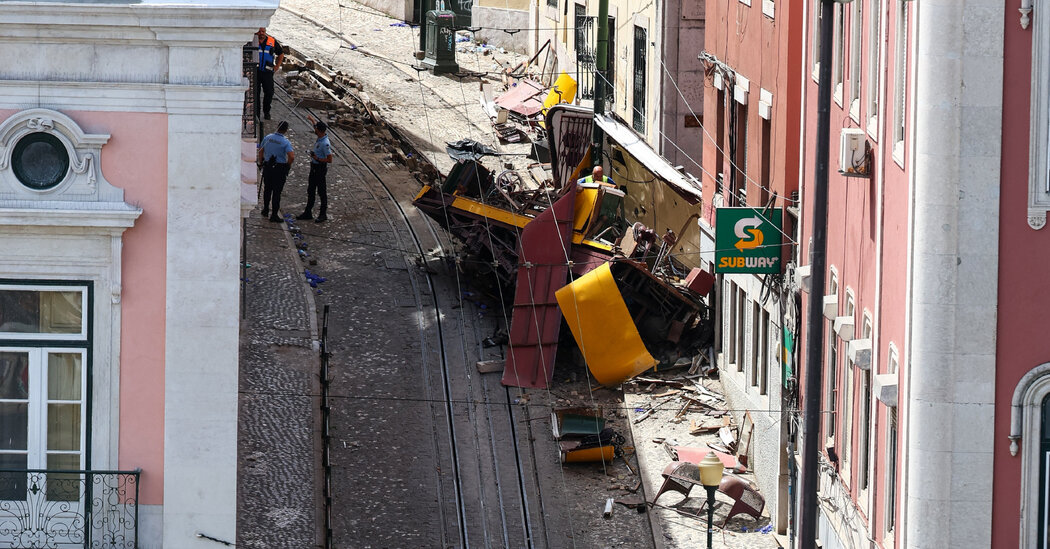Copyright Charleston Post and Courier

CHARLESTON — Pickleball may look like harmless fun, but behind the “dinks” and “drops” lurks a surprising amount of risk. The sport has exploded in popularity, with indoor courts filling old warehouses, strip malls and former big-box stores with the sound of plastic balls popping against paddles. But with that boom comes risk: noise complaints, twisted ankles and lawsuits. Insurers across the country, and in South Carolina, are capitalizing on the fact that the sport is not just a passing fad — it’s a whole new vertical. Rednil Insurance Programs, based in Washington state, began adding private pickleball facilities, clubs and franchises to its newly-formed Pickleball Insurance Program roster two years ago. Today, it has more than 200 Pickleball locations covered. That includes Charleston locations of franchise Pickleball Kingdom, which opened earlier this year in Mount Pleasant, according to Cameron Linder, owner of Rednil Insurance Program. While there haven’t been any cases against pickleball facilities in South Carolina that made it to court, agents say the need is there to protect business owners and more insurance agents are getting in the game. “It’s still a new exposure for the insurance industry, like cyber liability insurance during the dot com bubble,” said Mark Heath, the newly hired Charleston-based agent with the Pickleball Insurance Program covering the Southeast market. “We are growing rapidly.” Heath said waivers aren’t the silver bullet some operators expect. Even when players and members sign a waiver releasing the owner of liability, defending even frivolous cases can cost facilities hundreds of thousands of dollars. “Waivers essentially help secure a victory in court; it doesn’t stop the court process from happening,” Heath said. “We live in an extremely litigious state.” The Southeast — especially the Carolinas, Georgia and Florida — has become a fast-growing pickleball region in the country. Myrtle Beach will soon be home to one of the largest indoor pickleball facilities in the nation, and 24-hour pickleball clubs are popping up across South Carolina. In the Charleston area, PickleRange has been announced as a 40,000-square-foot anchor tenant at the new Festival Centre. They join The Pickle Bar in Nexton, which opened in 2023, and Crush Yard, which opened in Mount Pleasant in 2024. According to USA Pickleball, the official national governing body for the sport in the United States, 4,000 new court locations were added last year, bringing the total to 15,910 nationwide. The Pickleball Insurance Program approach models the risks involved in a nostalgic family pastime: bowling. “Bowling and pickleball have a lot of similarities from an insurance perspective – it’s in a large building, there’s sporting industry risk and alcohol served,” said Linder. Rednil has been insuring bowling alleys across the country for more than 30 years. Coincidentally, some pickleball clubs are even opening in former bowling alleys. Linder said he got the idea to expand to indoor pickleball facilities after reading an industry publication that noted indoor clubs were having a hard time finding insurance policies and made the connection in risk factors between the two. The National Institute of Health reports that between 2013 and 2022, an estimated 66,350 pickleball-related injuries occurred. The mean age was 64 years of age, with most injuries happening in players aged 65 to 80. Linder said cases across the country that have required his insurance firm to get involved over the past two years have spanned age ranges from injuries sustained on the court. “None have gotten to the point of litigation, but some (people injured) have lawyered up,” Linder said. More recently, noise from outdoor pickleball courts has become its own risk hazard. “Noise complaints have been a big deal with lawsuits between residents and Homeowners’ Associations over noise complaints from ‘dinking,’ which is louder than a normal tennis ball,” he said. One particular case in Hillsborough County, Fla., which encompasses the city of Tampa, involved the board of commissioners instructing its staff to “research the growing number of lawsuits against municipalities over pickleball.” The effort was meant to inform potential sound ordinances or rules for courts to be built a certain distance away from residential homes. According to Linder, the average annual cost of a pickleball facility’s insurance package runs around $15,000 per year, although in New York, New Jersey or Florida it can be nearly double that amount. “Even franchises that make Pickleball industrialized, it’s not that simple of a business model; you have a large facility with several thousand people coming through,” said Linder. “The number of insurers covering bowling alleys has dramatically gone down in the country – there are maybe three carriers who will write a bowling center policy.” For both Heath and Linder, the job goes beyond selling policies. Brokers recommend security cameras, maintenance programs and training for staff. Many pickleball club owners are first-time entrepreneurs who started a business after falling in love with the sport.



